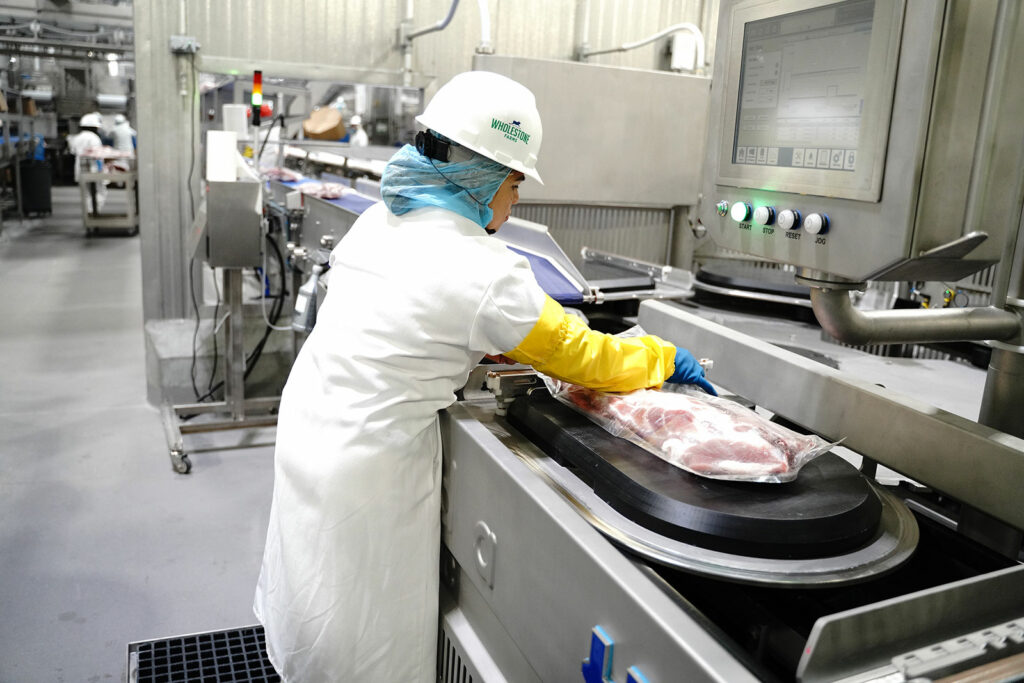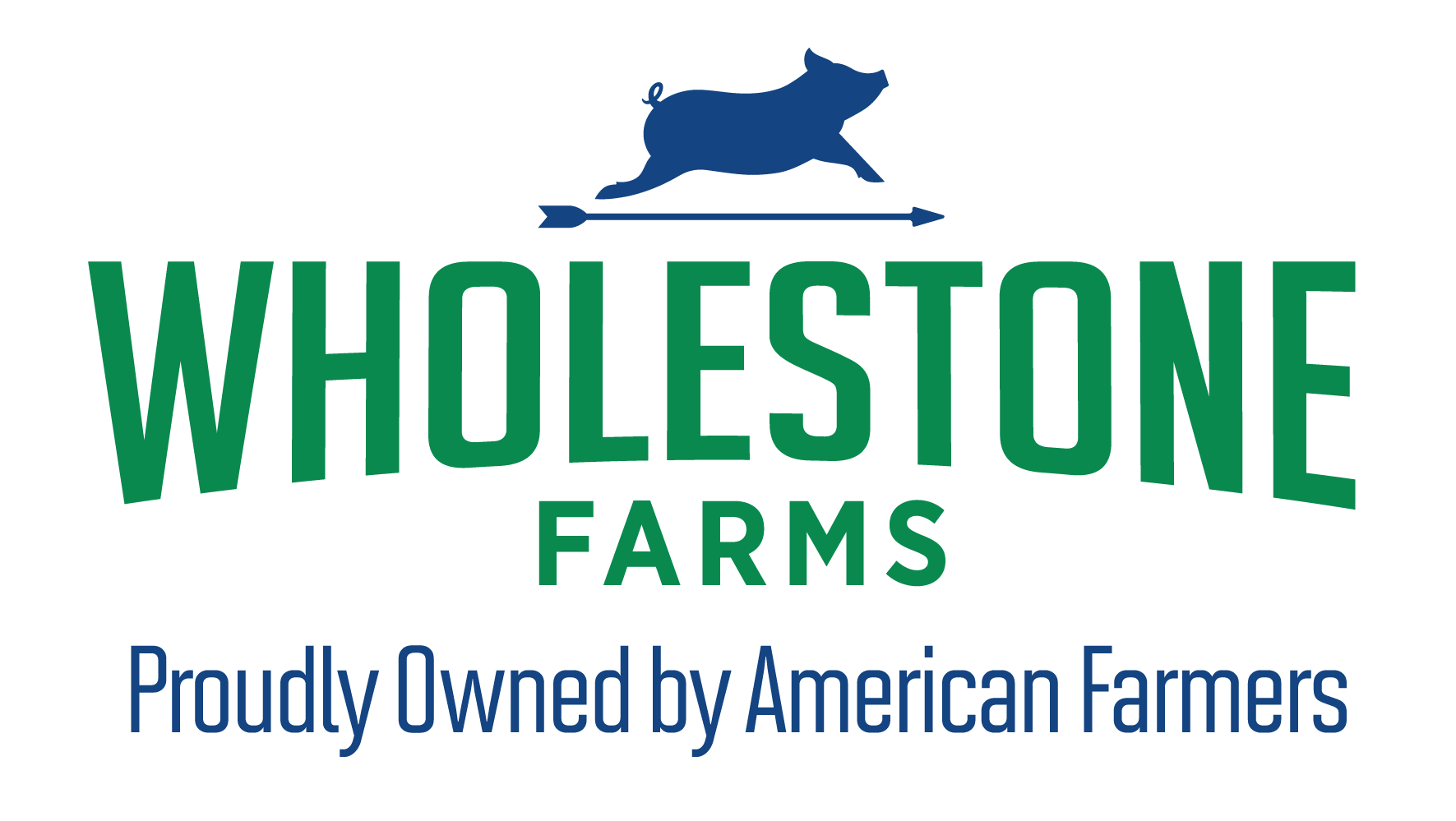Salmonella project
Better data to make science-based decisions.

The United States has one of the safest food supplies in the world. This is due to diligent efforts across the food supply chain from farm to fork. Food safety requirements at Wholestone Farms are non-negotiable and embedded in our culture. We produce safe protein without exception. This is achieved by operating under rigorous food safety programs and policies as well as striving for continuous improvement.
The meat and poultry industry has continued to focus efforts on reducing incidences of foodborne pathogens on raw meat including Salmonella. In February of 2022 the USDA proposed Pork Performance Standards for Salmonella in Raw Pork. This is an initiative Wholestone Farms has worked year after year to improve. Cleanliness practices and ordinary methods of cooking and preparing food will kill foodborne pathogens like Salmonella, but we want to do everything we can to reduce the prevalence of Salmonella in raw pork. Wholestone Farms invested significant capital in food safety projects in 2022, including a blast carcass chilling system and new spray cabinet, both aid in pathogen reduction. These investments, along with our food safety programs, were successful in reducing microbiological growth on carcasses and the Fremont plant would be considered a Category 1 (least risk) plant under the proposed Salmonella standards.
Wholestone farms recognized the importance of additional Salmonella and microbiological testing to gain insight and identify opportunities to improve our food safety program. Peggy Barton and our Food Safety laboratory team initiated an onsite Salmonella testing program in May 2022. We partnered with 3M to receive training and became certified on the tools and equipment to execute the Salmonella monitoring testing. The onsite testing allows us to easily and confidently conduct additional testing for Salmonella.
Barton and the team bring valuable skills to the table. Collectively the team has over 20 years of lab experience. Their attention to detail, precision-focused techniques and organizational skills have elevated the monitoring program and highlighted the team’s expertise. We have verification processes in place to ensure continued high standards. Since the start of the program, we have processed over 200 samples annually just for the Salmonella monitoring efforts alone. Changing to in-house Salmonella monitoring, Barton shared that the program has allowed the Wholestone Farms FSQA team to receive testing results in a timelier manner. Timely communication has an accelerating effect on our ability to investigate situations which results in prompt improvements.
Food safety requires a team approach. Having the right tools and data to inform our processes is critical to the success and continuous improvement of our Food Safety program. Wholestone Farms continues to research ways to enhance food safety from farm to fork and prompt changes within the industry to reduce and eliminate food borne outbreaks.

